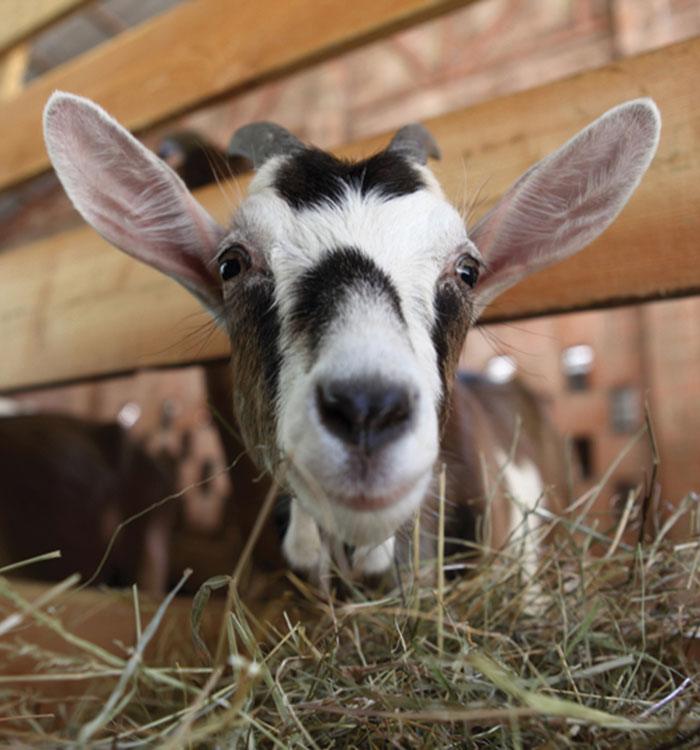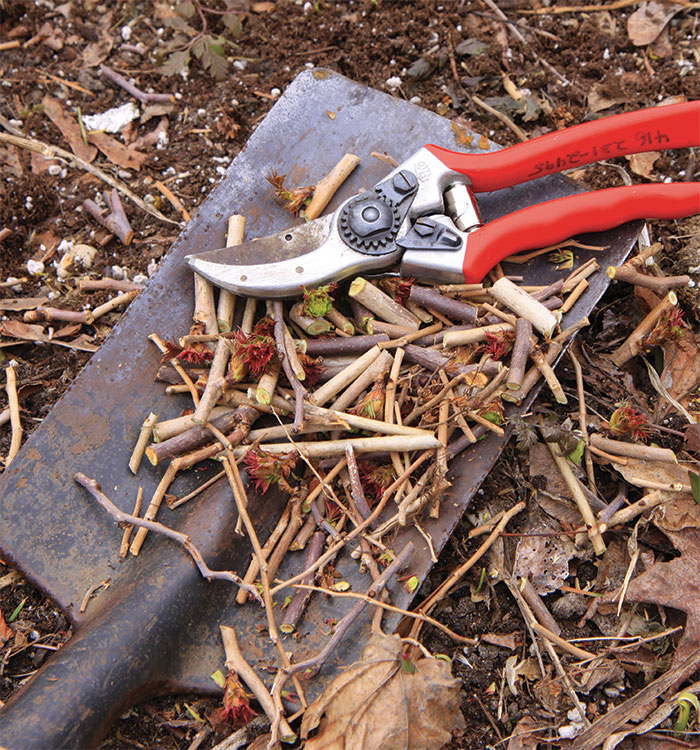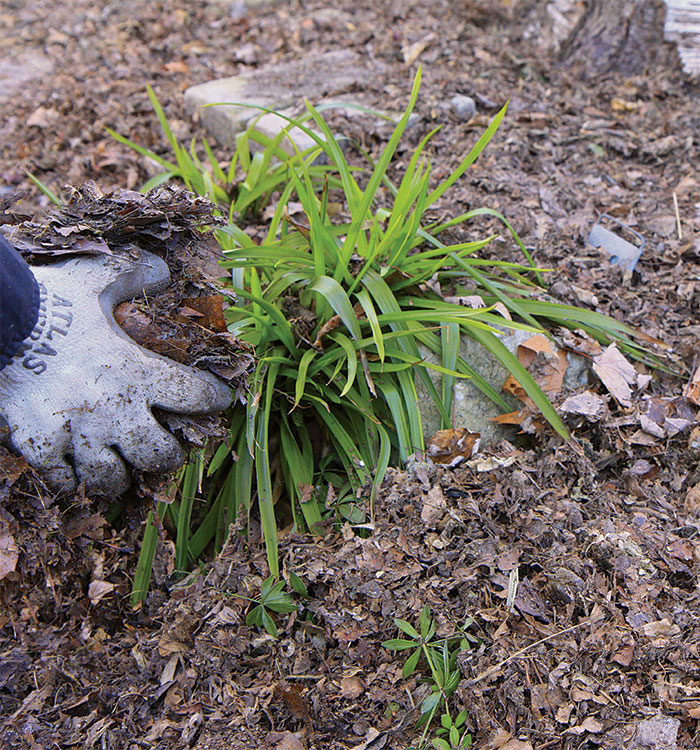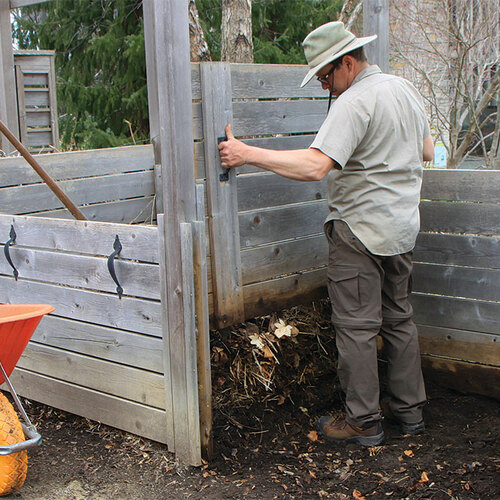[ad_1]
My grandmother taught me that you cannot just take from a garden; you must always give back and care for the soil. This is a lesson I apply to any garden that I tend. No matter the soil type, adding organic matter will improve soil structure and make more nutrients available to plants.
Topping soil with a generous amount of compost will improve it over time. Clay soil will become more workable and better draining, while sandy soil will develop better moisture-retaining capacity. The addition of organic matter needs to happen on a regular basis—at least once a year. As I have witnessed, once this practice stops, clay-based soil reverts back to heavy clay and sandy soil reverts back to being lean and sandy.
Here are a few ways you can secure that essential organic matter.
1. Start a compost system
Multiple bins make the process even more efficient. Depending on your budget, you can build your own setup with recycled pallets, or buy a complete system.
2. Get to know a farmer

If a friend or community member keeps livestock, ask for some manure. Well-composted manure is an excellent source of organic matter.
3. Chop and drop

Rather than taking all your garden debris to the compost bin, consider chopping small branches and stems into smaller pieces and leaving them in the garden to break down.
4. Leave the leaves

Free organic matter drifts down from the treetops each autumn. Collect leaves from the lawn or from a neighbor who might be discarding them. Shred them and add them to the compost bin, or use them as a moisture-retaining mulch.
Paul Zammit is a professor of sustainable horticulture at Niagara College in southern Ontario.
[ad_2]
